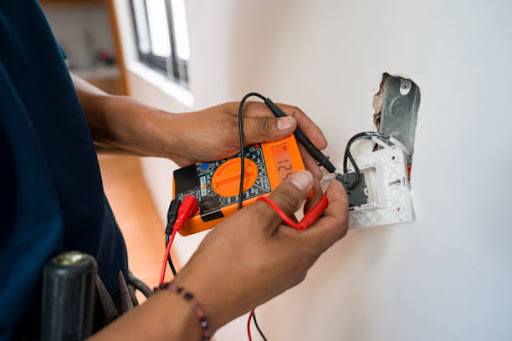As a homeowner, it is crucial to ensure that your electrical system complies with the local electrical codes and regulations. Electrical code compliance not only ensures the safety of your home but also plays a significant role in preventing electrical fires and hazards.
Here are five essential things that homeowners should know about electrical code compliance.
1. Understanding The Purpose Of Electrical Codes
Electrical codes are a set of standards and regulations established by local authorities or national organizations to ensure the safe installation and use of electrical systems. These codes are not arbitrary rules but are developed based on extensive research and industry best practices. They cover various aspects of electrical work, such as wiring, outlets, circuit breakers, and grounding.
Compliance with these codes is essential because they help protect your home from electrical accidents and ensure that your electrical system functions safely.
2. The Importance Of Hiring Licensed Electricians
One of the most critical aspects of electrical code compliance is the use of licensed electrical engineers for installation and repairs. Licensed engineers have undergone rigorous training and have the knowledge and expertise to work safely and following electrical codes.
When you hire a licensed electrician, you can be confident that your electrical work will meet all the necessary code requirements.
3. Upgrading Older Electrical Systems
Many older homes may have outdated electrical systems that do not meet current electrical codes. If you live in an older house, it is essential to consider upgrading your electrical system to ensure compliance with modern safety standards.
This may involve replacing old wiring, upgrading your electrical panel, and installing grounded outlets. Upgrading your electrical system not only enhances safety but also allows you to meet the power demands of modern appliances and technology.
4. Permits And Inspections
Electrical work often requires permits and inspections to ensure code compliance. When you plan to make electrical modifications or additions to your home, it is crucial to check with your local building department to determine if a permit is required. Failing to obtain the necessary permits can result in code violations and may lead to fines or complications when selling your home.
Additionally, inspections conducted by local authorities or electrical inspectors are essential to verify that the work meets code requirements.
5. Regular Maintenance And Safety Checks
Code compliance is not a one-time task; it is an ongoing commitment to safety. Homeowners should regularly inspect their electrical system for signs of wear, damage, or code violations. Look for flickering lights, tripped circuit breakers, or outlets that feel warm to the touch.
If you notice any issues or suspect a problem with your electrical system, contact a licensed local electrical engineer detroit mi for a thorough inspection and necessary repairs. Regular maintenance and prompt attention to electrical issues can help ensure continued compliance with electrical codes.
Bottom Line
Electrical code compliance is a fundamental aspect of responsible homeownership. By understanding the purpose of electrical codes, hiring licensed professionals, upgrading older systems, obtaining permits, and conducting regular safety checks, you can maintain a safe and compliant electrical system in your home.




